| |
|
|
|
|
|
|
| |
|
Editor's note
|
|
Seismologists use sensors to “listen” to the Earth’s vibrations and then build images of what’s beneath the ground. Tolulope Olugboji explains how this incredible technology could be used to create a network across Africa, revealing valuable information - from where the continent’s many undiscovered resources lie to where natural disasters might occur.
“What’s Going On”, Marvin Gaye’s universal anthem about the state of the world, is still pertinent today. Stewart Maganga writes that although the 47-year-old song was written at the height of the Vietnam and Cold Wars, it does not detract from the fact that the issues underlying it remain.
|
Moina Spooner
Commissioning Editor: East Africa
|

|
|
Top Stories
|

Africa’s physical landscape is not a permanent fixture and is being constantly shaped by massive geological forces.
Shutterstock
Tolulope Olugboji, University of Maryland
Seismologists use sensors to build images of the interior of the earth. Making the invisible, visible.
|

The cover of Marvin Gaye’s album, ‘What’s Going On’.
Stewart Maganga, Catholic University of Malawi
"What's Going On" remains relevant today. Even now its plaintive lyrics speak eloquently about a post-9/11 world that's upside down.
|
Politics + Society
|
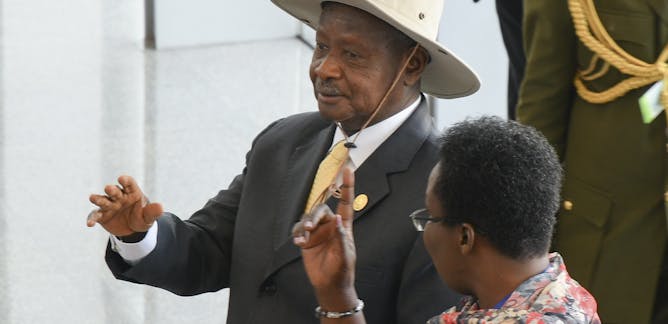
Kealeboga J Maphunye, University of South Africa
Not all African leaders are willing to be swept by the democratic reforms of the early 2000s.
| |
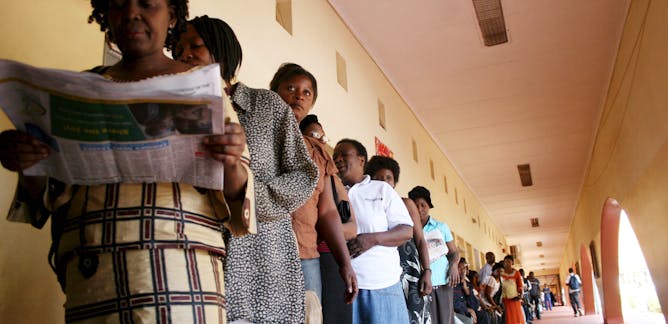
Nic Cheeseman, University of Birmingham
Institutionalisation may be patchy in Africa but it is functioning.
|
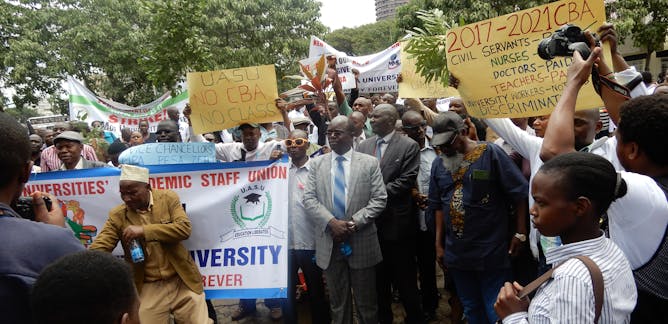
Ishmael Munene, Northern Arizona University
Staff wages are a huge challenge facing the survival of Kenya's public universities, but strikes are another.
| |
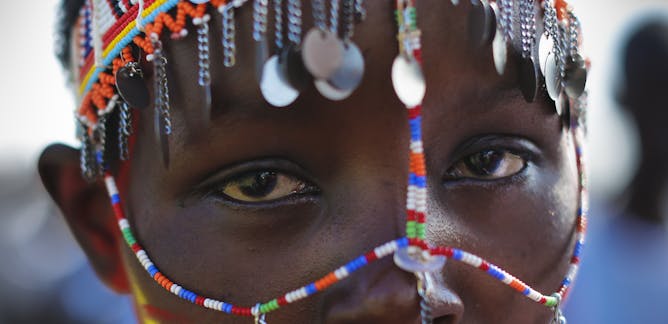
Hannelore van Bavel, SOAS, University of London; Els Leye, Vrije Universiteit Brussel; Gily Coene, Vrije Universiteit Brussel
Efforts to discourage girls from being cut in Tanzania have changed.
|
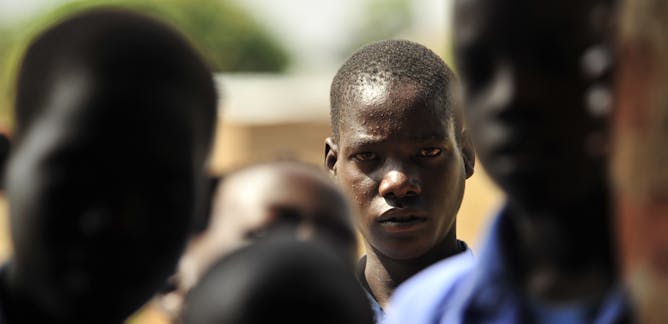
Angela Muvumba Sellström, Fondation Maison des Sciences de l'Homme (FMSH) – USPC
Not all rebel armies use rape and sexual violence as a weapon. Some have actually designed ways to prevent such atrocities.
| |
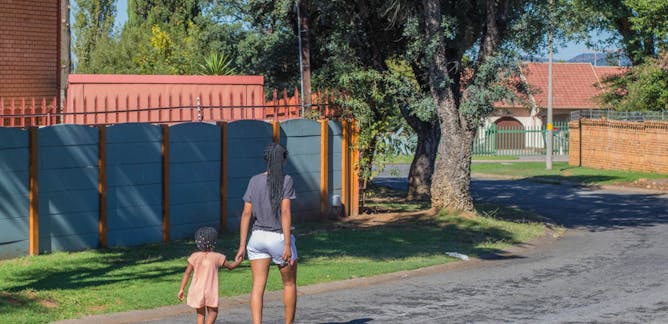
Alexandra Parker, Gauteng City-Region Observatory
It's critical to understand how mothers from all backgrounds navigate obstacles within the city as part of their daily lives.
|
|
|
Business + Economy
|
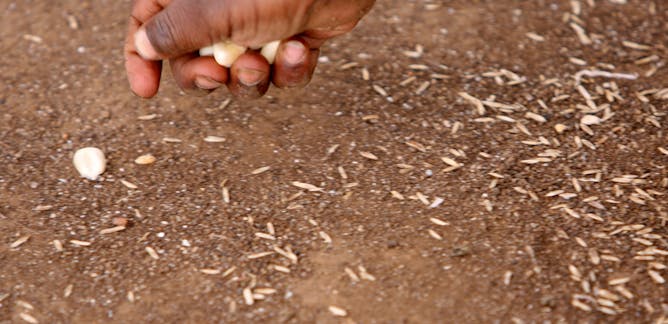
Timothy Njagi Njeru, Egerton University; Priscilla Wainaina, Egerton University
Post-harvest management will reduce losses and improve food availability.
| |

Olorunjuwon Samuel, University of the Witwatersrand
Many corporate social responsibility initiatives fail due to cultural insensitivity and misplaced communication strategies.
|
|
|
Health + Medicine
|

Jacob Mugumbate, University of Wollongong
Governments in Africa have done little to institute policies that improve awareness and protect people who have epilepsy.
| |

Jeanette Dawa, University of Nairobi
Influenza is an important cause of severe respiratory illness in Kenya especially among children below two years of age.
|
|
|
Education
|

Delia Marshall, University of the Western Cape
Curriculum structure and flexibility can play a crucial role in students' progression and success.
| |

Keyan Tomaselli, University of Johannesburg
Bureaucracy is necessary to manage large institutions. But it can also alienate researchers from their field or discipline.
|
|
|
Environment + Energy
|
-
Greg Warchol, Northern Michigan University
Abalone poaching in Cape Town succeeds because there is a motivated offender, a suitable target and a lack of security.
-
Rebekah Shirley, Strathmore University
There are millions of energy poor people in sub-Saharan Africa who live in cities.
-
Stephen Cousins, Stellenbosch University; Elzanne Singels, University of Cape Town; Tineke Kraaij, Nelson Mandela University
Invasive alien species that costs South Africa's economy billions can be eliminated.
|
|
Arts + Culture
|
-
Hugh Ellis, Namibia University of Science and Technology
Marginalised Namibians should be encouraged to take up cameras to document their lives -- on their own terms.
|
|
| |
| |
| |
| |
| |
| |
|
|
|
|
|
|
| |